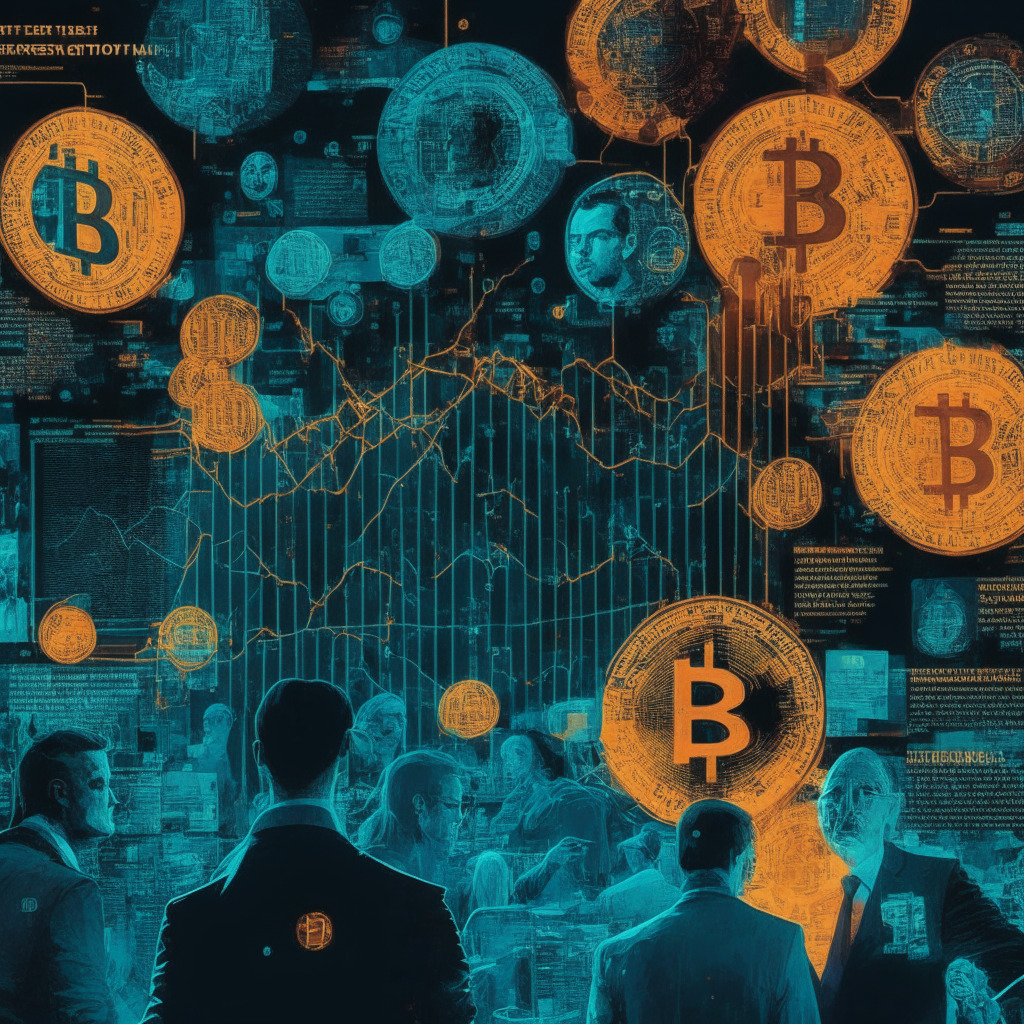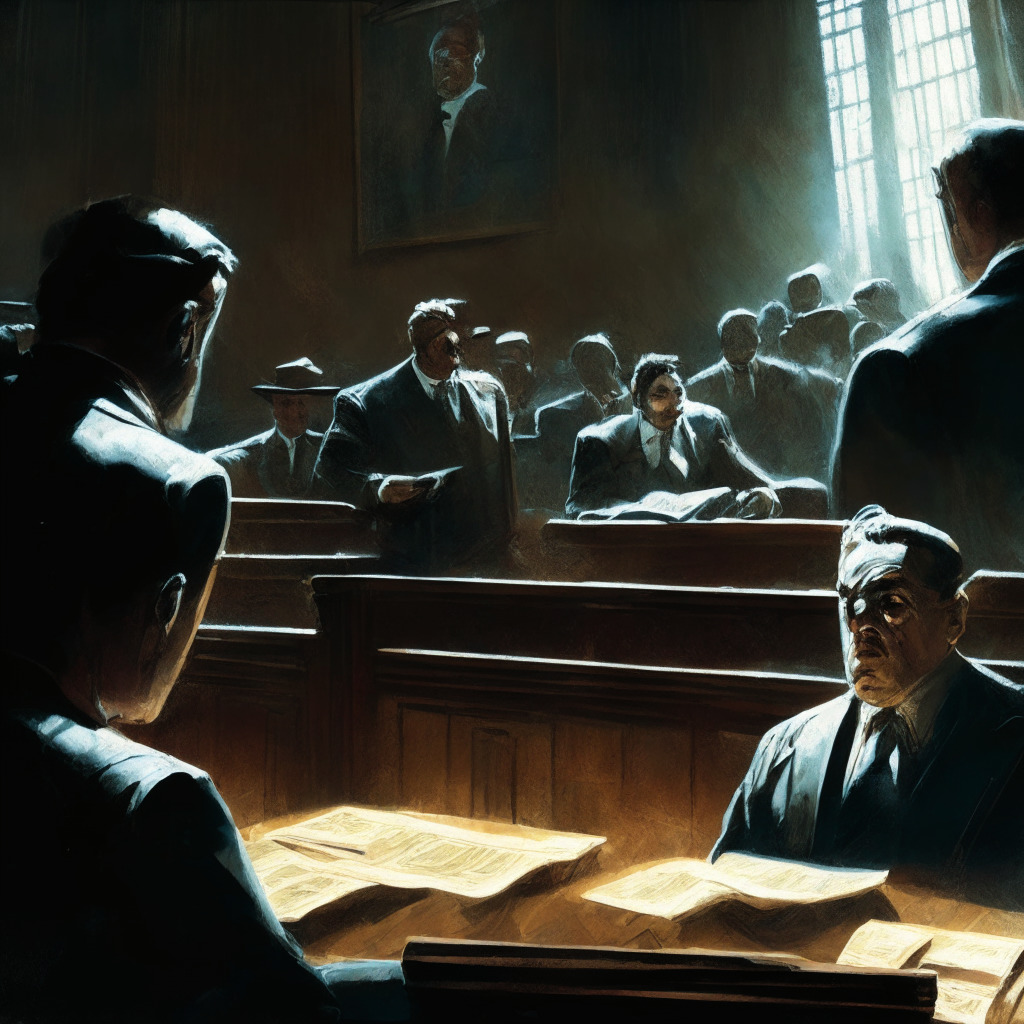The recent conviction of Nathaniel Chastain, a former Product Manager at OpenSea, for wire fraud and money laundering in a New York federal court raises questions about insider trading in the world of non-fungible tokens (NFTs) and the potential regulation of the emerging market.
As reported by Reuters, Chastain was responsible for selecting NFTs to be featured on OpenSea’s marketplace, and he would subsequently purchase those NFTs only to resell them once they were featured. The trial’s outcome could impact the classification of NFTs and whether they are treated as securities.
Two opposing views emerge in Chastain’s case. Defense attorney Daniel Filor maintains Chastain’s innocence, arguing that his client was never informed that the information was confidential. “Nobody told Nate that he couldn’t use or share that information,” Filor stated during closing arguments; therefore, Chastain should not be held accountable for using privileged knowledge.
On the other hand, prosecuting attorney Allison Nichols insisted that Chastain knew his actions were against the law, as evidenced by his use of anonymous OpenSea accounts to conduct his trades. Nichols argued that Chastain’s attempts to hide his activity indicated he was aware of violating OpenSea’s confidentiality agreement.
This trial has been heavily scrutinized by legal experts with an interest in crypto-related issues, as it marks the first instance of someone being convicted for exploiting privileged information in NFT trades. It exemplifies the challenges that come with regulating a rapidly growing market while ensuring the safety of investors and participants.
In a separate case, a former Coinbase employee, Ishan Wahi, and his brother Nikhil were charged with insider trading of cryptocurrencies in July. Nikhil Wahi pleaded guilty in September, highlighting the need for increased oversight and clarity in the broader crypto market.
As regulators and legal experts grapple with the appropriate classification of NFTs and other cryptocurrencies, Chastain’s case serves as a reminder that insider trading remains a concern in this growing space. The outcome of this trial and others like it could very well shape the future of NFTs and how they are regulated, impacting potential investors and the broader community of enthusiasts.
Ultimately, the debate surrounding Chastain’s case highlights the need for a balanced approach in regulating NFTs and cryptocurrencies – one that ensures transparency, fairness, and market integrity while also fostering innovation and growth. As these digital assets continue to gain traction and investor interest, the importance of striking this balance only intensifies.
Source: Cointelegraph




